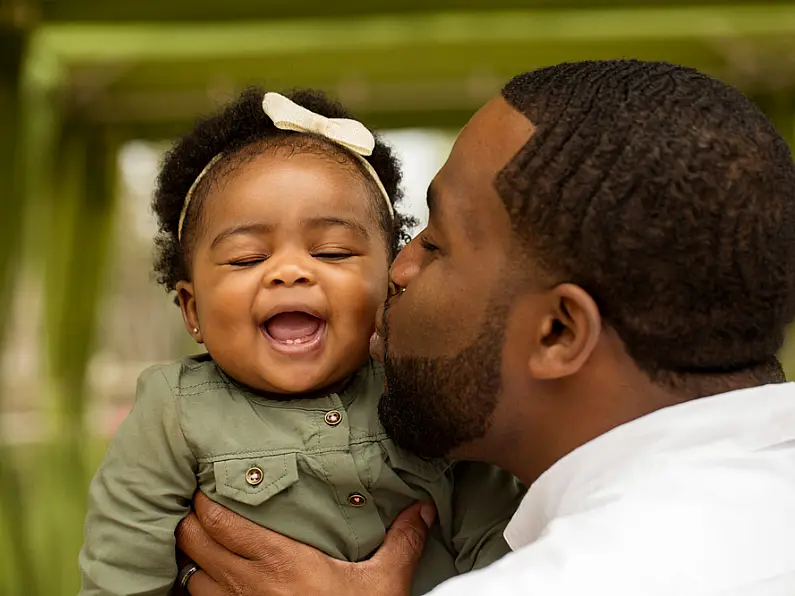Parenting styles are a strong indicator for how people think about a wide range of social issues, from education to elder care, a new study has found.
Danny Oppenheimer, professor of social and decision sciences in the Dietrich College of Humanities and Social Sciences at Carnegie Mellon University and contributing author on the paper in Journal of Experimental Psychology, based his study on previous work by George Philip Lakoff.
'Government as family' theory
Lakoff examined a “government as family” theory. This approach suggests that a person’s belief on how government should function is strongly correlated to their personal belief on how families should function.
In the United States, this concept translates into two approaches; conservatives lean toward the moral “strict father” model and liberals lean toward the “nurturing parent” model.
Helicopter parenting
In this work, Oppenheimer and his colleague Christian Lindke focused on the concept of the “helicopter parent,” which has been defined as “a parent who takes an overprotective or excessive interest in the life of their child or children.”
“Free-range parenting” falls on the opposite extreme to this parenting style.
Previous studies have found helicopter parenting is detrimental to children, reducing the level of autonomy, student engagement levels, and satisfaction with life.
Despite these negative implications, the style of helicopter parenting is on the rise.
The team conducted three studies to evaluate the role of parenting style on policy implications.









